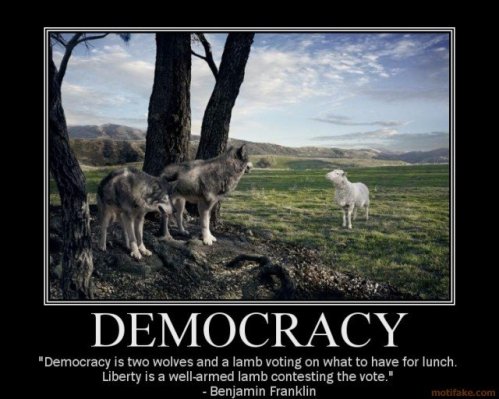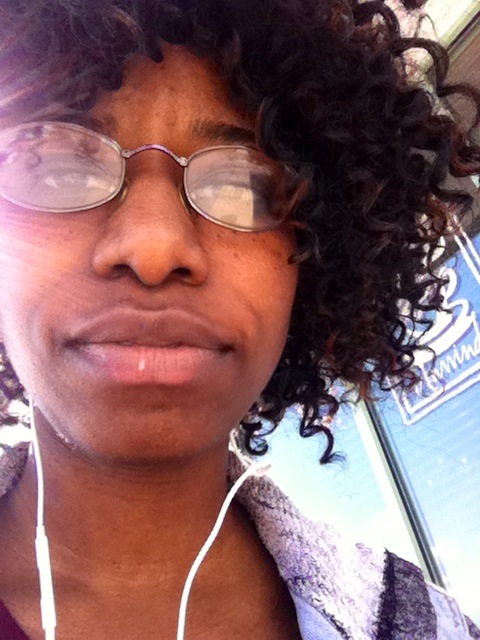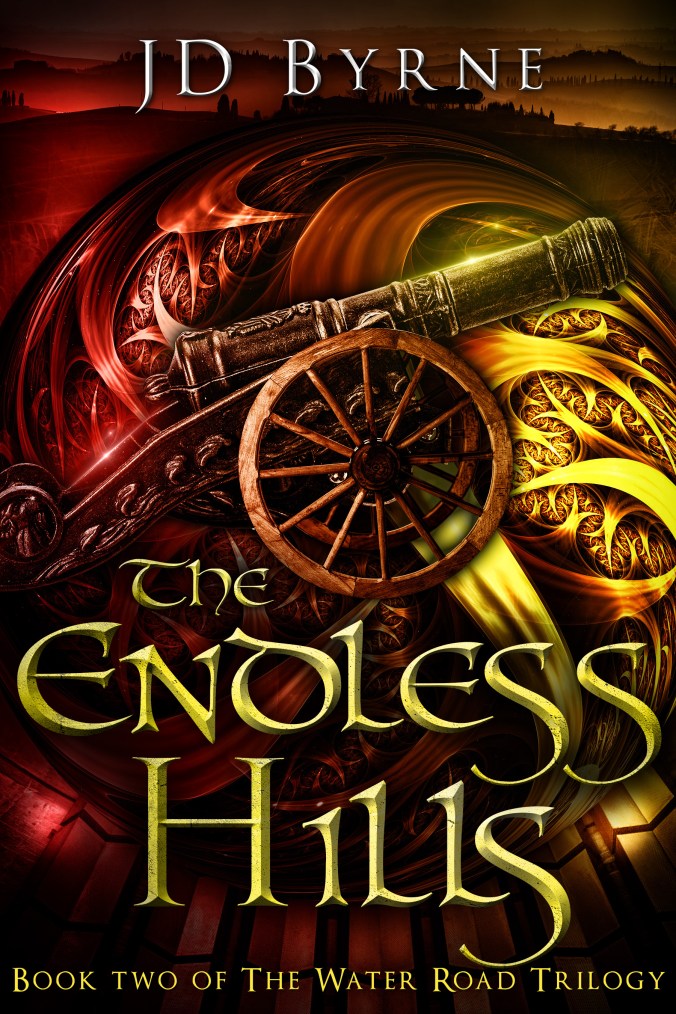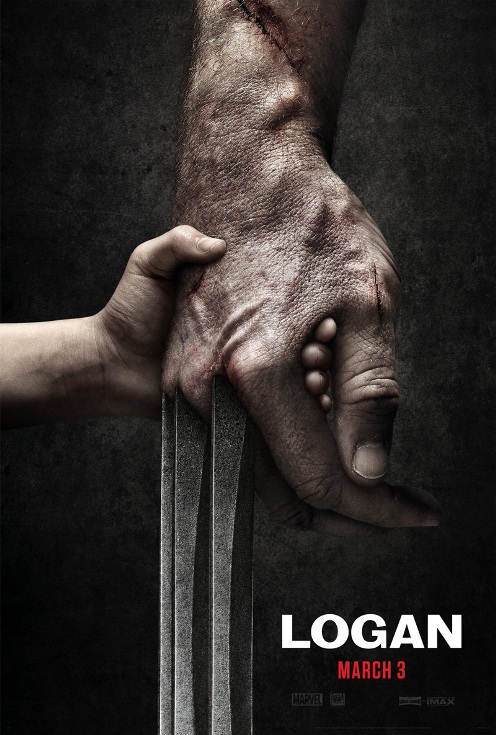Joining me this time is R.G Yoho – West Virginia native and Ohio resident with a deep connection to the West.
Who are you? Where are you? What kind of stuff do you write?
Hi there. My name is R.G. Yoho. Most people call me “Bob.” I was born in Parkersburg, WV, but, as a child, my father moved us to another cattle farm across the river from there, in Little Hocking, Ohio. I now live in another part of that huge metropolitan area of Little Hocking. And although I live in Ohio, I will ALWAYS be nothing other than a proud West Virginian. I have published three non-fiction works, one book of historical fiction, and five traditional Westerns.
What is it about Westerns that appeals to you? Particularly since you neither grew up nor live in the West?
What appeals to me? The short answer: I don’t know.
I will, however, state that the West has ALWAYS appealed to those who were born elsewhere. Many of the Old West’s most prominent figures were not originally from the West.
Annie Oakley was born in Ohio. Doc Holliday was from Georgia. James Butler Hickok and Wyatt Earp were from Illinois. Billy the Kid was from New York, Pat Garrett was from Alabama. Bat Masterson was born in Canada.
Perhaps my personal interest has a little something to do with growing up around cows. You cannot possibly understand our country’s Westward experience without knowing how critically important cattle were to the development and expansion of the West.
In the turbulent era of Reconstruction immediately following the Civil War, they weren’t only a major food source; cattle drives also drove the American economy. They led to the expansion of the railroads. Cattle provided employment for many poor Southerners, former Confederates and former slaves alike, both seeking to make a new life for themselves.
Cows and cowboys, they are so intertwined and crucial to the culture and the imagery of the American West. They are a part of the mythology, the symbolism, the rugged individualism, the heroism, and the reality of the West. And in a larger sense, they also largely defined the United States in the minds and eyes of the rest of the world. I particularly like that.
Arguably, the Western is the only uniquely-American form of literature. I am proud to be a part of it. There you have it. So much for the short answer.
Tell us about your most recent book, story, or other project.
My most recent work was Return to Matewan, which deals with the West Virginia coal mine wars of the early Twentieth Century. Despite the fact my books generally have a number of historical characters or incidents, this is the first one I would truly call historical fiction. The coal mine wars were an absolutely fascinating period in American and West Virginia history. In addition, the time period and the subject matter won’t make it a great departure from my Westerns.

In what genre do you primarily write? Why did you choose that one?
First and foremost, I am a Western author. Even though my interests might occasionally take me in a different direction, I will always return to my first love, the Western.
My passion for them is a direct result of my dad’s influence. He started us off early on John Wayne films and television series, like Bonanza, Gunsmoke, and Rawhide. He rarely left for work without a Louis L’Amour paperback in his lunch bucket. I eventually read one of them, a book called Flint. It was then I became hooked on the genre.
Later, I realized that L’Amour wasn’t a young man and I wondered who would write books like that when he passed off the scene. I eventually reached the conclusion: Why not me?
Tell us briefly about your writing process, from once you’ve got an idea down to having a finished product ready for publication.
Ideas come easily to me. I have more of them than I have time to write them. But every book becomes extremely difficult in the pages from about 10-100. That is when I always want to quit and go on to the next project. After that, it is a piece of cake. It’s much like when I used to run half marathons; I always finished strong.
Unlike a lot of potential authors, I’m much better at finishing books than I am at starting them. Approaching the finish, I smell blood in the water. And when that happens, my wife often has to remind me that there are other things in life needing my attention.
Also, I revise constantly while writing. I only do one draft, if you can call it that. I constantly reread and rewrite a sentence or a paragraph until it suits me. I don’t move on until I’m satisfied it is the best I can write at that moment in time. By the time I’m ready to turn over the book to my publisher, I’m sick of it. I don’t care if I ever see it again. That feeling is gone by publication.
I understand what you say about pages 10-100 being a slog. So what do you do when you’re in that zone and need to keep yourself moving?
Perhaps the greatest benefit of having successfully completed a number of books is that there’s never really any doubt whether I can finish them. The question really involves whether or not I have the will to finish them.
Based on past experience, I know my writing progress won’t always be that stilted or difficult. The words will eventually flow like water if I only keep priming the pump.
In my own case, that means I need to park my rump in a chair and just write. Nothing meaningful was ever created without labor. And I’ve also noticed over the years that discipline often gives birth to inspiration. Some of my most inspired writing was done on the days when I started with absolutely nothing in mind; however, that is often when the struggling, wordless hours are suddenly transformed into a remarkable clarity of word and thought which is almost magical.
Once you truly understand or have personally experienced what I’m talking about, as a writer, you’ll forever hunger to recapture it. And if you are diligent in pursuing your gift, you most certainly will.
The way you describe your editing-while-writing process it sounds like you never actually read through a draft. How do you keep things straight for continuity purposes?
Unlike most of the authors I know, I never went to college to study writing. I am largely self-taught, which might not make me the best example to follow for method or technique. Maybe I never properly learned the things I shouldn’t do as an author. Maybe my writing advice should come with a warning: Do not try this at home!
I do read my books, mostly out loud, from start to finish at the end of the writing and editing process. While writing, I also read the chapters to my wife, who occasionally points out something I missed. Hearing them helps me to get a sense of the language and manner of speech, and also to recognize when it doesn’t sound right. And along the way, I make changes.
I will say that continuity isn’t a problem if you are constantly reading, re-reading, and rewriting a chapter. It tends to stay with you. And once I’ve passed Page 100 in a story, I have difficulty sleeping at night because I can’t wait to return to my story in the morning. At that point, continuity isn’t an issue; staying married is.
Who is the favorite character you’ve created? Why?
My favorite character would have to be Kellen Malone, who is the lead character in my ongoing series of Westerns. He’s just a man of great courage, character, and conviction, all qualities that I greatly admire in people.
He first appeared in Death Comes to Redhawk, a stand-alone book, written almost twenty years ahead of penning the sequel. I liked Malone so much, when I returned to writing Westerns, I just had to revisit his character.
Perhaps best of all, I love his interplay, the spirited give and take between Kellen Malone and Joe Clements.

You mention that you “returned to writing Westerns” when you decided to do a sequel for Kellen Malone. Was that more because you wanted to return to that genre or that character?
This, JD, is undoubtedly your toughest question for me to answer, because it forces me dwell on some things that I don’t much care to discuss.
Early in my writing career, sometime in the early 90’s, my literary agent had one of my Western manuscripts on the desk of a big New York publisher. But before we could actually sign a contract, they said the market for Westerns died. After that I became disheartened and stopped writing Westerns, perhaps one of the most foolhardy decisions I ever made. And that is why I say that you absolutely have to believe in yourself, above and beyond everyone else.
I did, however, publish my first book in 2001, but it wasn’t a Western. And my precious mother never lived to see me realize my great desire to see my Westerns in print. It remains one of my greatest regrets in life.
My return to Westerns was primarily my second attempt to enter the world of Western fiction. It began with a retooling of Death Comes to Redhawk, which reintroduced me to Kellen Malone. I wrote one entirely new scene for the book and refashioned the ending.
Revisiting Kellen Malone was like spending time with an old friend. And that experience made me want to spend more time with him. Obviously, this second attempt was much more successful for me.
You must understand that I penned Redhawk when my daughter was about 2-3 years old. My first Western was published when she was around 18-20. And when it was published, my daughter knew almost nothing about my Western writing past. She was just too young to remember and we never spoke about it.
We live with our lives as they are, not as how they might have been.
What’s the weirdest subject you’ve had to research as a writer that you never would have otherwise?
As a Western author, I am sure that my search history will probably be less bizarre than someone who writes other types of general fiction. But to answer your question, I would have to say: Serial killers in the Old West.
What’s the one thing you’ve learned, the hard way, as a writer that you’d share to help others avoid?
When it comes to your writing, listen to everybody. Lean on everybody. Learn from everybody, but don’t believe in anybody but yourself. You must determine and define for yourself what success looks like. Nobody else but you can map out the pathway for YOUR success. Trust your instincts. Make your own way. And don’t let anything or anybody stop you from getting there.
If you won $1 million (tax free, to keep the numbers round and juicy), how would it change your writing life?
It’s strange you asked this question, because my wife and I have often spoken about what it would take for me to leave right now. It’s a fun question to think about, but despite my time around cows and horses, I haven’t experienced any success at roping unicorns or rainbows.
The answer might be different if I was younger, but at this stage of my life, $1 million would absolutely guarantee that I would quit my full-time job. Half that much would do the same thing for me. I might even seriously consider it for a quarter of $1 million. But $1 million? You might be taking your life in your hands if you were standing anywhere between me and the gate!
And with those significant and time-consuming obstacles removed from my life, I could devote those same hours to writing more books. It would increase my production to no less than two books a year and perhaps three. I would also have the time and the money to make at least one additional trip out West per year, which would allow me much more time for research.
Perhaps best of all, I could devote all of this time to writing, without stealing any more time away from my wife, the most precious thing in my life, who will be celebrating our 35th wedding anniversary in 2017.
You mention trips out West. Have those always been research? Vacation? A mix of both?
A number of years ago, I took my entire family on a vacation out West. Other than working trips for my employer, that was my first time in the West. I loved it.
The Western Writers of America have their yearly conventions during the summer. They also rotate the events from city-to-city, state-to-state. Two years ago, we were in Lubbock, TX, and last year we were in Cheyenne, WY. This year is in Kansas City, MO, and Billings, MT, in 2018.
At the end of these conferences, I always try to take some days to research and explore the areas around our conventions sites. When it comes to writing, there’s just nothing that will compare to walking the places your characters walk. Even better is when you have the chance to actually touch history, like when I sat down to breakfast at Buffalo Bill’s Irma Hotel in Cody, WY, eating upon the original cherry wood bar, a gift to Cody from Queen Victoria and shipped across the seas, after his Wild West Shows in Europe.
In Texas, I rented a horse and rode down into Palo Duro Canyon, the second largest canyon in the country. While in Wyoming, I drove across the state to Cody. I had the chance to ride on Cedar Mountain, which some say is haunted by spirits. Although Wild Bill Cody isn’t buried there, his 1906 will stated that it was the place he wished to be buried. And I can certainly understand the attraction it must have held for him.
I also attended the Tucson Book Festival a couple of years ago, and made my way down to visit Tombstone, the stomping grounds of Wyatt and Doc.
Now, whenever I go out West, I always try to see some of the area on horseback. It’s become something of a tradition with me. There’s probably not a better way to see the West than the way people of that time saw it, looking through the ears of a horse.
I absolutely love the West; I feel completely at home there. My publisher even stated that I was “born in the wrong century.” And if I have my way, I will eventually make my home somewhere around Tucson from January through March.

What’s the last great book you read or new author you discovered?
Ride the Wind.
Lucia St. Clair Robson isn’t by any means a new author or strictly a Western writer, but her work is certainly new to me. Moreover, I probably wouldn’t have begun reading her work had I not gotten the rare opportunity to know her.
Last year at the Western Writers Convention in Cheyenne, Wyoming, I learned Lucia was seeking a ride to Thermopolis and I was going all the way to Cody. I gave her a lift, which allowed me to spend no less than 5-6 hours with her that day. I gained another close friend and the experience forever transformed my ideas about historical fiction.
What do you think you’re next project will be?
In my last Western, The Evil Day, one or more of the characters suffers a great loss. Those kinds of personal tragedies cannot help but make some profound changes in an individual’s life. They can also break him, perhaps beyond repair. I want to explore those changes—and their aftermath—for him and the other characters involved.
Connect With R.G. Yoho on Facebook or at his Website












